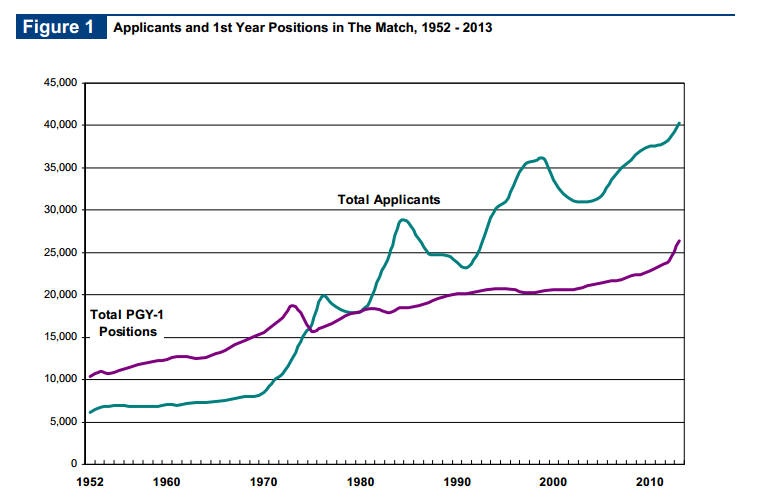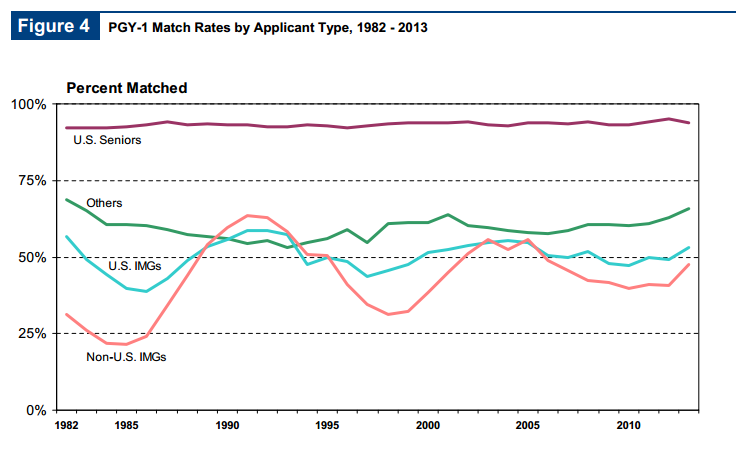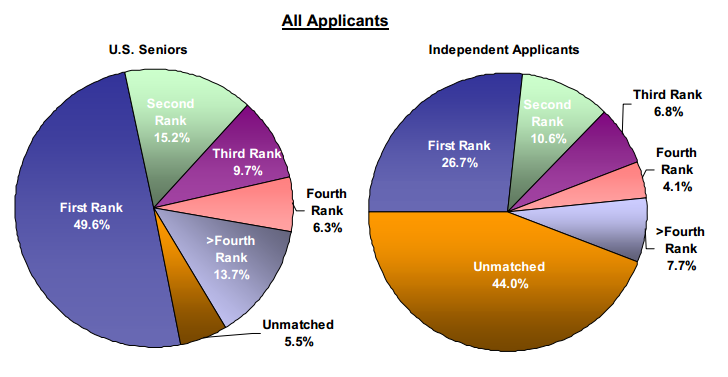- Joined
- Jul 6, 2013
- Messages
- 34
- Reaction score
- 0
I've heard a plethora of negative things having to do with Caribbean med schools. I've also heard a plethora of positives. Just wanted to post this to collect the SD collectives opinion on this. I'll be applying to med school hopefully in two years. Are Caribbean schools a viable option?






